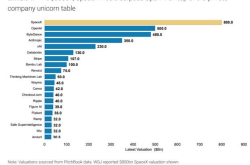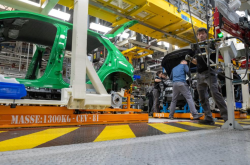69 million units, Made in India becomes a challenger to Made in China!
![]() 10/07 2024
10/07 2024
![]() 648
648
India disclosed data showing that the export volume of smartphones in the first half of this year reached 69 million units, consolidating its position as the world's second-largest exporter of mobile phones, while China is the world's largest exporter of mobile phones. Made in India is gradually becoming a challenger to Made in China, and it is precisely Chinese mobile phones that have led to this outcome.

After Indian Prime Minister Modi took office in 2014, he proposed the Made in India initiative. However, in the first three years, Made in India made little progress. Foxconn had boasted of investing $5 billion to build a factory in India, but progress was delayed, leading Indian media to label Foxconn as a fraud, highlighting the difficulties faced by Made in India at the time.
In 2017, a Chinese mobile phone company partnered with Foxconn to establish a factory in India for mobile phone production, marking the beginning of India's mobile phone manufacturing industry. Subsequently, many Chinese mobile phone companies followed suit, and one even expressed plans to transform its Indian factory into a large-scale production facility targeting the Middle East and Africa.
With the emergence of India's mobile phone industry, Foxconn finally established a factory in India for iPhone production in 2019. Apple initially only produced its low-end iPhone SE series in India but has since expanded to include high-end models like the iPhone 16 Pro, in sync with China's production capabilities. This underscores the rapid growth of Made in India over the past few years.
Of course, domestic media continues to discuss the shortcomings of Made in India, such as excessive E. coli levels in iPhones produced in India and low yield rates. There are also criticisms about the incomplete industrial chain in India. However, all these issues are being addressed, and the progress cannot be separated from the impetus provided by Chinese mobile phones.
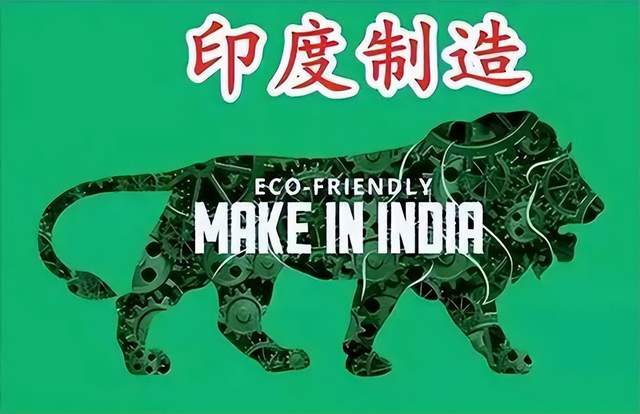
The much-criticized mobile phone industrial chain in India has made significant progress under the impetus of Chinese mobile phones. It is reported that 70% of the components for a certain domestic mobile phone brand produced in India are now sourced locally. While these components may not yet match the technical level of Made in China, the progress in India's mobile phone industrial chain is undeniably substantial.
In particular, the collaboration between Apple and Foxconn in India for iPhone production is rapidly advancing the technological capabilities of India's mobile phone industrial chain. Despite criticisms of Apple's supply chain pressure, many domestic mobile phone supply chain companies acknowledge that Apple provides significant profits. For example, OFILM achieved revenue of 50 billion yuan with Apple's support, while after losing Apple orders, its revenue fell to just over 16 billion yuan. BOE similarly experienced a surge in profits after supplying OLED panels to Apple, equivalent to its total profits over the previous decade.
Chinese mobile phones have catalyzed the development of India's mobile phone industrial chain, while Apple has driven its technological upgrading. With this dual impetus, the issues surrounding the incomplete industrial chain in India will eventually be resolved. The soaring export volume of smartphones made in India underscores its rapid growth and highlights the fact that Made in India is far stronger than commonly perceived.
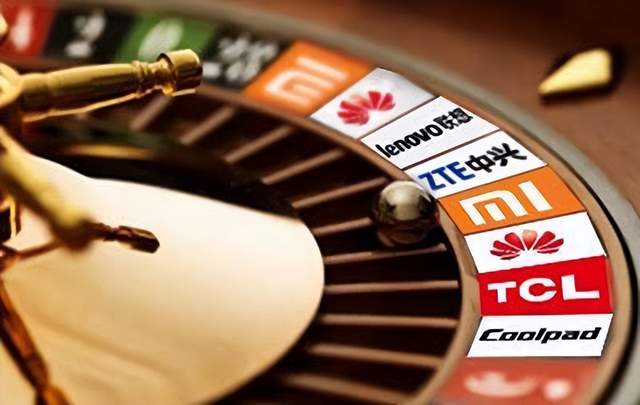
Chinese mobile phones have made significant contributions to the development of Made in India. However, India shows little gratitude towards these Chinese mobile phone companies. Instead, it has frequently imposed hefty fines and even attempted to acquire a substantial stake in a Chinese mobile phone company in India at a bargain price this year.
Not only Chinese mobile phones but also Apple has not escaped India's fierce scrutiny. The Indian conglomerate Tata has acquired the entire stake in iPhone contract manufacturer Wistron and a controlling stake in Pegatron's Indian factory. Tata has also been involved in the construction of Apple retail stores in India, indicating its involvement in both manufacturing and sales of Apple products in the country.
India has long earned a reputation as a graveyard for foreign investments due to the hefty fines and forced acquisitions faced by many foreign enterprises operating there, revealing its hostile stance towards foreign investors.
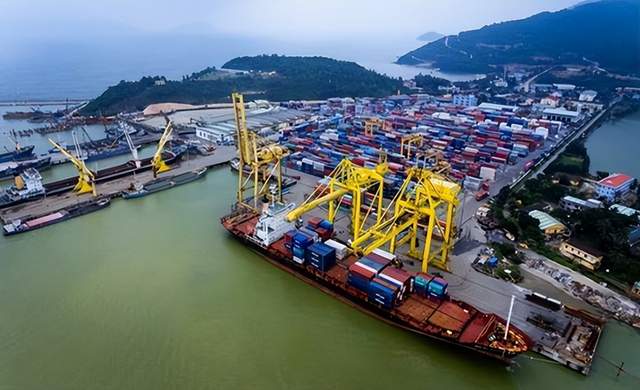
Chinese mobile phones sell approximately 100 million units in India, accounting for about one-seventh of China's mobile phone exports. While the Indian market offers limited benefits to Chinese mobile phones, they have inadvertently nurtured a formidable competitor in India, a situation that can be described as cutting off one's nose to spite one's face.

